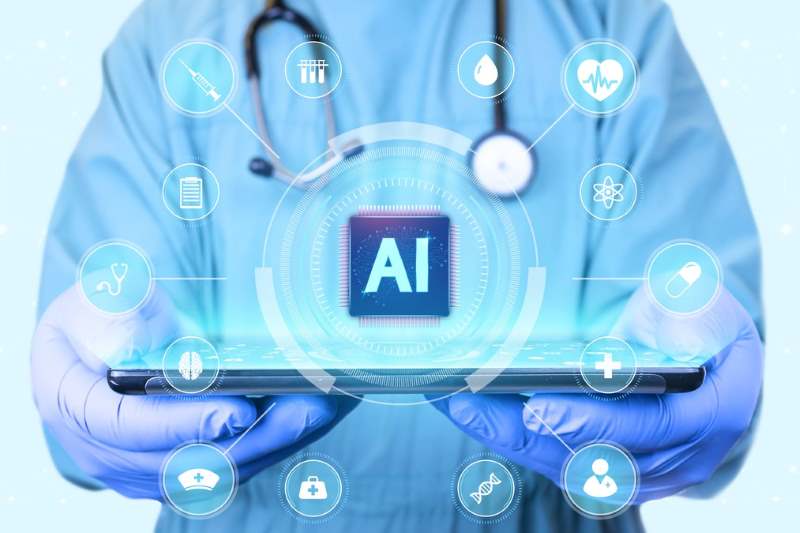More efficient regulatory reviews could help bridge the gap in healthcare access by bringing essential medications to market
AI in Medicine
Advertisement
Artificial intelligence can accurately assess atopic dermatitis severity using patient-uploaded smartphone photos.
These talks could represent a significant step toward modernizing regulatory science.
An AI-based digital tool provided effective insulin dosage titration recommendations for inpatients with type 2 diabetes.
AI can now detect the transition from relapsing-remitting multiple sclerosis to secondary progressive multiple sclerosis.
An innovative mobile health application may help adults with Sickle Cell Disease manage their pain and reduce opioid use.
There is a revolutionary force in medicine that has the power to transform outcomes: artificial intelligence (AI).
A team trained a deep learning pose-recognition algorithm on video of infants in the NICU to identify key neurologic metrics.
Despite the recent advancements in artificial intelligence in medicine, it has yet to reduce physician workload and burnout.
Expert Interviews
Urban Health Today reports on clinical news and policy updates that directly impact urban health care providers and their patients.
Get research and expert insights straight to your inbox.










 © 2025 Mashup Media, LLC, a Formedics Property. All Rights Reserved.
© 2025 Mashup Media, LLC, a Formedics Property. All Rights Reserved.